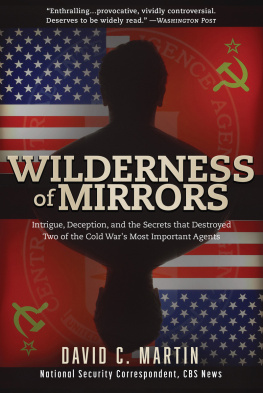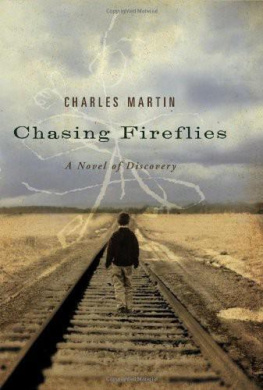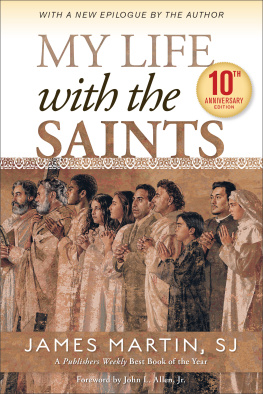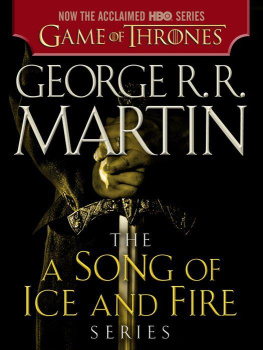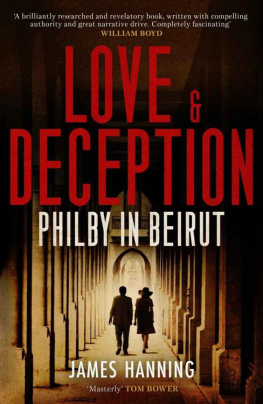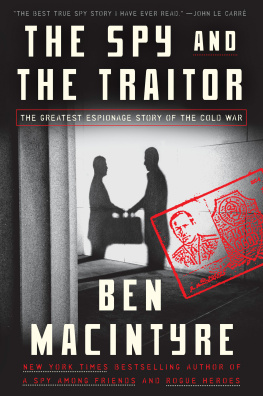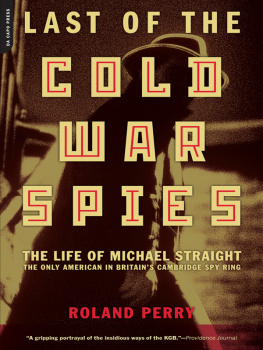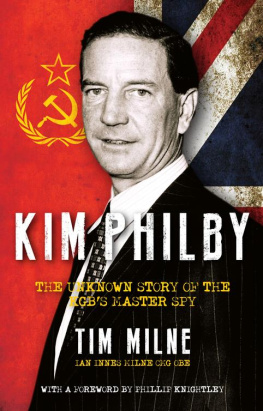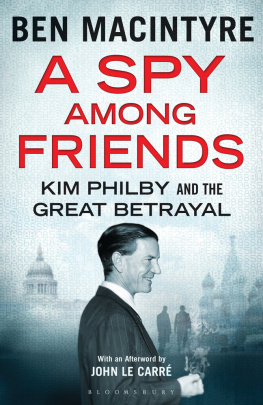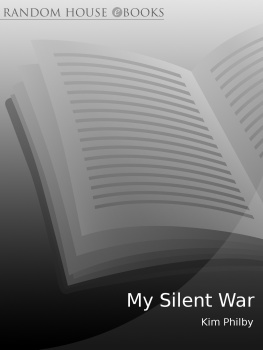


Copyright 2018 by David C. Martin
Originally published in 1980 by Harper Collins Publishers, Inc.
All rights reserved. No part of this book may be reproduced in any manner without the express written consent of the publisher, except in the case of brief excerpts in critical reviews or articles. All inquiries should be addressed to Skyhorse Publishing, 307 West 36th Street, 11th Floor, New York, NY 10018.
Skyhorse Publishing books may be purchased in bulk at special discounts for sales promotion, corporate gifts, fund-raising, or educational purposes. Special editions can also be created to specifications. For details, contact the Special Sales Department, Skyhorse Publishing, 307 West 36th Street, 11th Floor, New York, NY 10018 or .
Skyhorse and Skyhorse Publishing are registered trademarks of Skyhorse Publishing, Inc., a Delaware corporation.
Visit our website at www.skyhorsepublishing.com .
10 9 8 7 6 5 4 3 2 1
Library of Congress Cataloging-in-Publication Data is available on file.
Cover design by Rain Saukas
Cover photo credit iStock
ISBN: 978-1-5107-2218-7
Ebook ISBN: 978-1-5107-2219-4
Printed in the United States of America
For E. D., Cate, and Zach
Contents
In tragic life, God wot,
No villain need be! Passions spin the plot:
We are betrayed by what is false within.
GEORGE MEREDITH
Preface to the 2018 Edition
More than thirty-five years have passed since I wrote Wilderness of Mirrors. The two main protagonists, James Angleton and William Harvey, are dead, and so is my most important source, Clare Edward Petty.
By the time I met Ed, I had been working on Wilderness for about a year, collecting pieces of the puzzle without being able to see the big picture. I went to his home in Annapolis more out of thoroughness than with any expectation of a revelation. If he had lived farther away from Washington, I probably would have decided that my budget couldnt handle the expense. About halfway through our second session, Eds hints finally registered. Wait a minute, are you saying ? Indeed he was, but to understand it we had to go back to the beginning. Over the succeeding months, we would meet about once a week as he recounted, with almost total recall, the saga of the hunt for a KGB mole inside the CIA. I never saw him refer to any documents or notes, but I dont know of a single fact he told me that turned out to be wrong.
The last time I spoke to Ed, he was weeping. His grandson, Army Captain Christopher Paul Petty, had just been killed in Iraq. Ed, who had landed in one of the follow-on waves at Normandy and fought across France into Germany, passed away not long after. They are both buried at Arlington National Cemetery.
In the foreword to the original edition, I wrote that the secret war between the CIA and KGB was devious and the outcome ambiguous. Since then, of course, the outcome of the Cold War has been decided, and it is only fair to point out that Angleton, Harvey, and all the other CIA officers who come in for criticism in this book were on the winning side. Whether that justifies what they did is for the reader to decide.
David C. Martin
Foreword
This book begins and ends in mystery, with precious few solutions in between. Such is the history of the secret war between the American and Soviet espionage servicesthe only arena in which the two superpowers actively and continuously confront each other regardless of chills and thaws in the Cold War. The battle is devious and the outcome ambiguous. Complexity and perplexity abound. The record is abstruse and, above all, obscure. Although the exposs and investigations of the 1970s have made it possible to examine the CIAs files with a fair degree of thoroughness and precision, the vaults of the KGB remain as tightly sealed as ever. Until they are opened we shall never know with certainty how the war is going. We can, however, study the dispatches sent from behind the American lines, and from there the message is that the war has been going badly. The CIAs defeats have been resounding and its victories Pyrrhic. What the KGB has not done, the CIA has managed to do to itself.
That distressing report is personified in James Jesus Angleton and William King Harvey, the two men whose careers are chronicled here. To many they were heroes, two of the fiercest warriors in the CIAs war against the KGB. To others they were villains guilty of illegal and immoral actions. For the moment it is safe to say only that their secret deeds do not always become them when spread upon the public record. They fought in the trenches of concealment and deception, across the lines of falsehood and betrayal, and what passed for virtue there sometimes appears grotesque in the clear light of day. It is the same in any war. What is heroic in combat is criminal in peace. Just as combat sanctions physical violence, so espionage grants license to moral violence.
For decades Angleton and Harvey maneuvered about this darkling plain without any expectation that they would ever be held publicly accountable for their actions. If they did not fear public censure, neither did they receive public counsel. Now, like monsters of the deep, they are suddenly hauled to the surface and thrown flopping on the deck for inspection. Before we decide whether they are aberrations or prototypes, we must first know the pressures of the depths where they swam.
I first encountered the remarkable person of James Angleton on the night of December 22, 1974. The New York Times had just published a major expos identifying Angletonsomewhat unfairly, it turned outas the mastermind of a massive and illegal spy campaign against antiwar and civil rights activists. I was working the night desk at The Associated Press in Washington, and in true wire-service fashion I called Angleton for what I was sure would be the obligatory No comment. We talked for more than an hour, and since that night I have had scores of conversations with him, perhaps more than a hundred, both on the phone and in person. I was not the only reporter who talked regularly with Angleton, but I think I stuck with it longer than most, even though he rarely leaked any information that could serve as the peg upon which to hang a news story. Despite the paucity of news, talking to Angleton was a marvelous education in the ways of the CIA. Over time, he explained to me its organization, its personnel, its modus operandi, and its internal rivalries. It was from Angleton, for instance, that I first heard some of the more colorful stories about Bill Harvey.
Harvey always hung up on me when I called, although I did manage a brief conversation with his wife some months after he died. Angleton encouraged my first thoughts of writing a book about Harvey and advised me that the best hope for persuading Mrs. Harvey to cooperate was to point out that it was because her late husband had been such a forceful figure that he was now the subject of controversy. Had he been a file clerk all his life, his actions would not be of interest to me, I argued at Angletons suggestion. Mrs. Harvey still refused her cooperation. The argument is worth mentioning here only to recite to Angleton as an equally good reason for writing a book about him. He, too, has refused to cooperate in any way.
Angleton and I have not spoken since the spring of 1978, when he first learned that I had come across information that was intensely critical of his professional performance. Since then he has refused to respond to my inquiries. The result is that although Angleton has served as a source of information about Harvey in particular and the CIA in general, he has not provided any information about the events in this book that most directly concern him. That was his choice, not mine.
Next page
